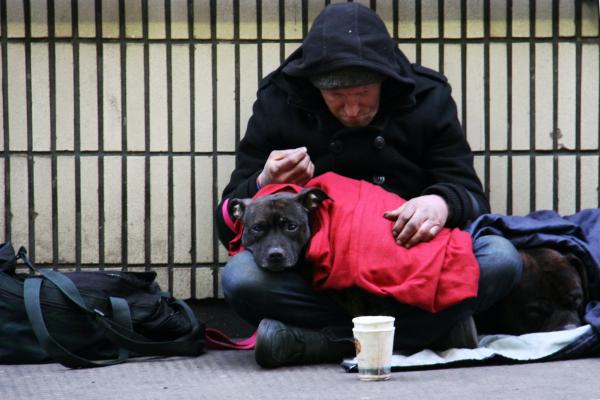Social housing
Social housing is the provision of housing at affordable rates for those who cannot afford to rent or purchase a home on the open market.
Housing can be provided by the local authority, registered social landlords (“RSLs”) or other not for profit organisations. The right to occupy homes can be granted via agreements relating to Residential tenancies. There are also various home ownership schemes available including HomeBuy, Shared Ownership and Rent First.
Social housing is governed by law to ensure its affordability and quality. The Regulatory Framework (2017) was developed in partnership with key stakeholders, including its tenants. It was originally implemented in 2017 and following an intermediate review, revised standards were published in 2018. A consultation process is now underway and updated standards and a new framework are likely to be implemented in 2021. The framework aims to ensure that Wales continues to have well governed RSLs, with tenants remaining at the heart of the regulation for improved accountability and transparency.
The Welsh Government set a target for all social homes to meet the Welsh Housing Quality Standard. All providers were given a target date of December 2020 to ensure all housing met those standards. However, Covid-19 has had a significant impact on planned programmed work and an extension beyond the deadline has been agreed by the Minister for Housing and Local Government where required.
Under Part 1 of the Housing Act 1996 the Welsh Ministers register and regulate RSLs. This permits the Welsh Ministers to issue guidance and sets standards relating to:
- The management of housing accommodation by RSLs (introduced by the Housing (Wales) Measure 2011)
- The governance and financial management of RSLs;
- Complaints and performance; and,
- Establishing and maintaining the financial viability of RSLs
Local authorities do not need to register with the Welsh Ministers although they may set standards to be met and can intervene if standards in connection with the quality and rent or service charges relating to accommodation are not met.
The Housing Act 1985 enables local authorities to undertake voluntary transfers of tenanted stock to other landlords as a means of securing investment for the improvement of social housing. The transfers required the agreement of the majority of its tenants, who had to be consulted prior to disposal, and the consent of the Welsh Ministers. Many RSLs were formed specifically for this purpose.
The Regulation of Registered Social Landlords (Wales) Act 2018 was introduced to reduce central and local government control over RSLs. It enables RSLs to be able to continue to access private finance to supplement grants provided by the Welsh Government. In addition, it provides further freedoms in that RSLs no longer require the consent of the Welsh Ministers before they sell a property, they only need to notify to Welsh Ministers that they are doing so.
The Public Services Ombudsman (Wales) Act 2005 enables tenants of social housing who are dissatisfied with their landlords to complain to the Public Services Ombudsman Wales.



